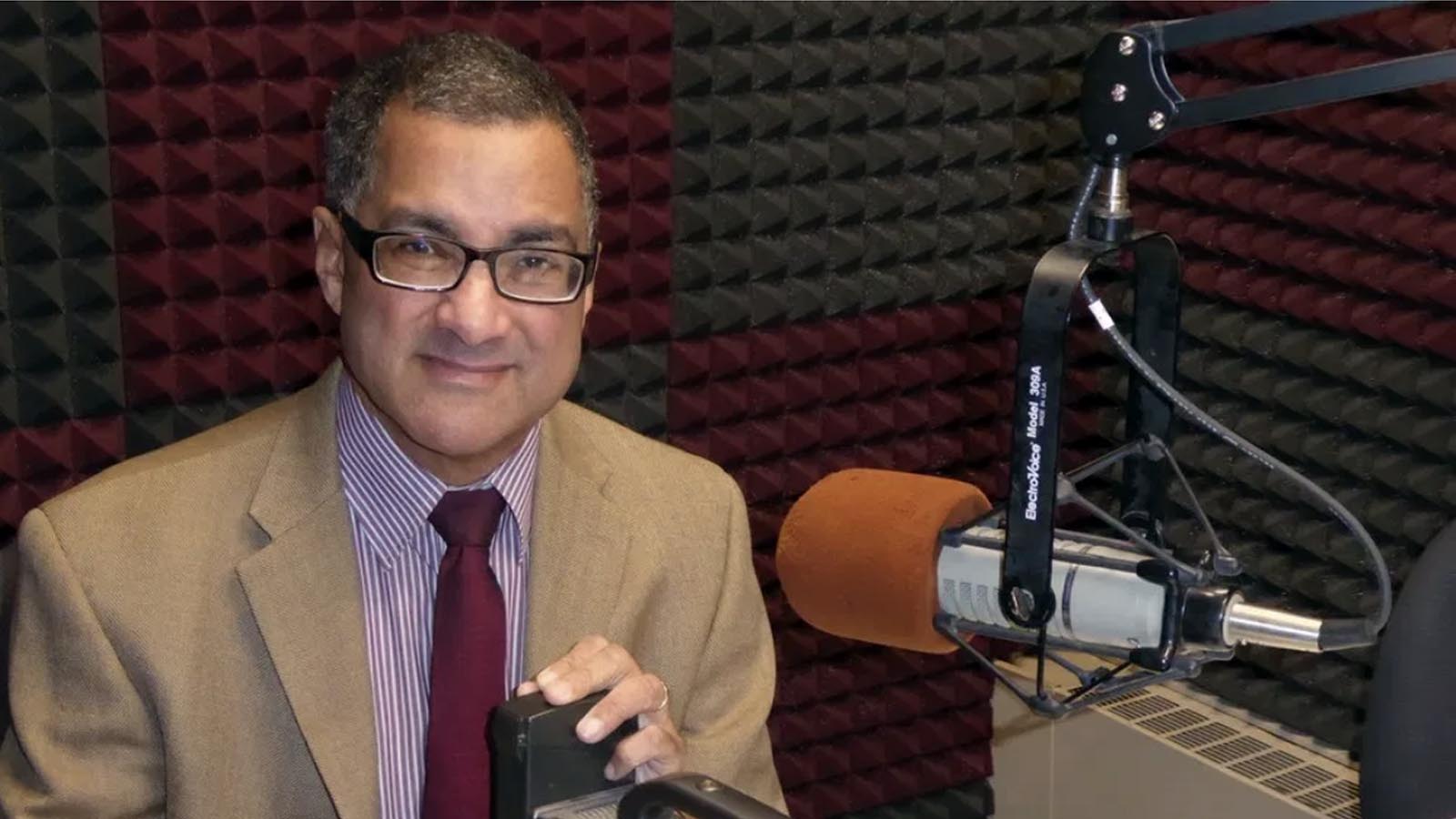Diversity is like a pizza pie. When I get my slice of pizza, I may feel as if no one is about to take part in this mouth watering experience, this mushroom-onion slice is mine, and mine alone. But as I finish, pay and make my way towards the door, I notice others, with a slice almost identical to my own. I pause, and I realize I am seeing double. And as I look at the pizza tray behind the closed glass, I take note, at times against my will, that the pizza others eat comes from the same place mine did. My experience is my own but it is also connected to theirs.
Parashat Chayei Sarah, is a portion of doubles and seeming contradictions, distancing and connecting: While Abraham claims his identity as a “resident” during his negotiation process of Sarah’s burial plot, he also identifies himself as a “stranger” amongst them. Similarly, Rebecca, our second matriarch, was a righteous woman, who carried the weight of living with “Laban the Deceitful,” but was able to remain true to herself. A conflict for some, possible for Rebecca. Finally, Isaac too brings together two things that often are seen as opposite. When he standardizes the afternoon, Mincha prayer, he connects day and night.
We humans have a proclivity for individualism. It helps us determine our own self-image, and define who we are in any situation. We carry this instinct to compartmentalize and differentiate from that which is other than the self. I may share the same pie of pizza with four strangers, but struggle to identify with them and their experience.
As the Torah states in Genesis (23:19): “and after this (the sale of the plot of land) Avraham buried his wife Sarah in the Machpeila cave in the fields, opposite Mamre, Hebron, in the land of Canaan. And the field and the cave transaction became established for Avraham as a burial place.” Avraham purchases a cave to preserve the life of Sarah and their legacy together. But also the field which can be planted, allowing him to begin to fulfill the destiny of the Jewish nation in the Land of Israel.
Later in the same portion, we read of Rebecca. Her opening scene points to her enthusiasm and personal responsibility to connect at every moment to HaShem. “She (Rivka) finished giving him drink, she said, I will draw water even for your camels until they have finished drinking.” So she hurried and emptied her jug into the trough and kept running to the well to draw water, and she drew for all his camels.” The word Rivka (Rebecca) means to link. In addition, the Hebrew letters R.V.K.H are the same letters as H.B.K.R (the morning). And just as her husband linked day to night with twilight, she connected night to day.
As we navigate a world filled with complex paradoxes and certain ambiguity, this portion teaches us we should embrace dualities and reach out to connect with that which is beyond our selves and personal experience. Just as Avraham created a connection through the generations and Rebecca created spiritual connections. We cannot be consumed by our own experiences, whether mundane like eating pizza or grand like loosing loved ones, but rather like our fore-parents we need see our experiences as opportunities to connect.







